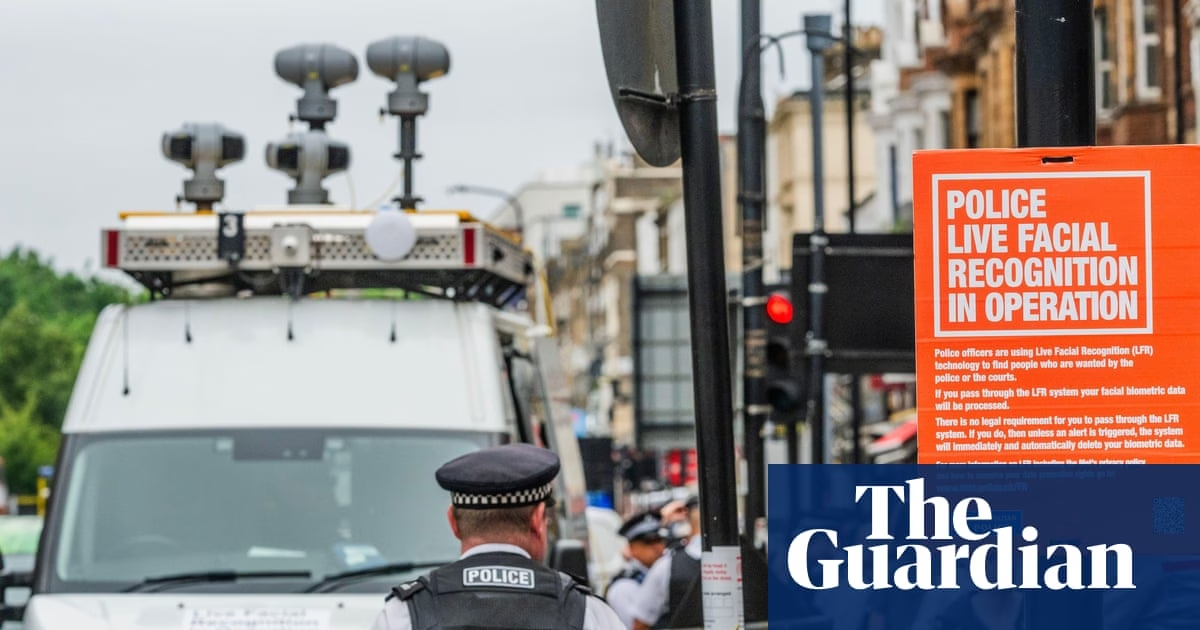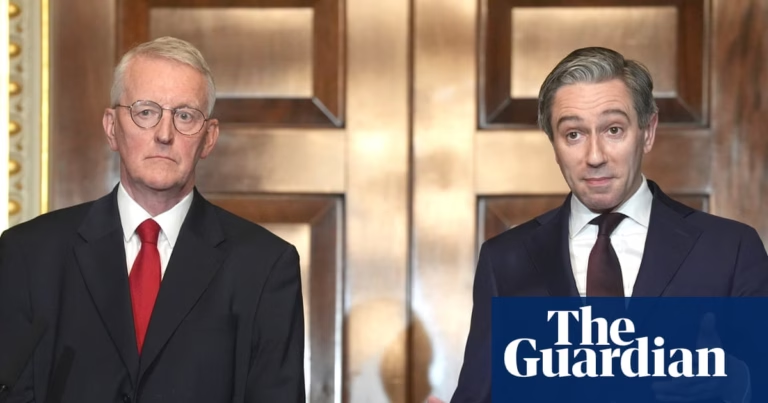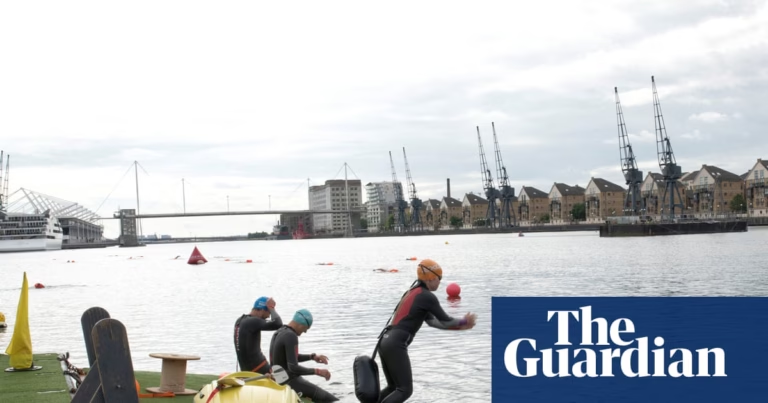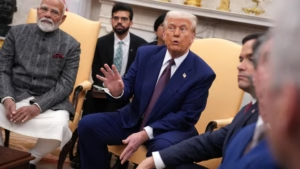The force is implementing this as part of a restructuring effort to cope with the loss of 1,400 officers and 300 staff due to budget cuts.
Live facial recognition, which compares footage from surveillance cameras to a police watchlist in real-time, will now be employed up to 10 times across five days relative to four times in two days.
The system will be utilized during the Notting Hill carnival, a major public event.
Previously, an older version of technology was tested during the event in 2016 and 2017.
To date, the Met has made 1,000 arrests using live facial recognition, resulting in 773 charges or cautions.
Charlie Whelton of Liberty expressed concerns over the lack of regulation and called for legislative action to protect public rights.
Met Commissioner, Mark Rowley, defended the technology, emphasizing its responsible use in identifying serious offenders.
Part of the restructuring includes reinforcing the public order crime team to address an increase in protest-related crimes.
The squad’s size will increase from 48 to 63 officers due to the rise in protests on issues such as Israel, Palestine, and environmental concerns.
The article also mentions calls from retailers and previous inquiries by The Guardian and Liberty Investigates, highlighting concerns over the expanding use of facial recognition technology and its impact on privacy and civil liberties.







